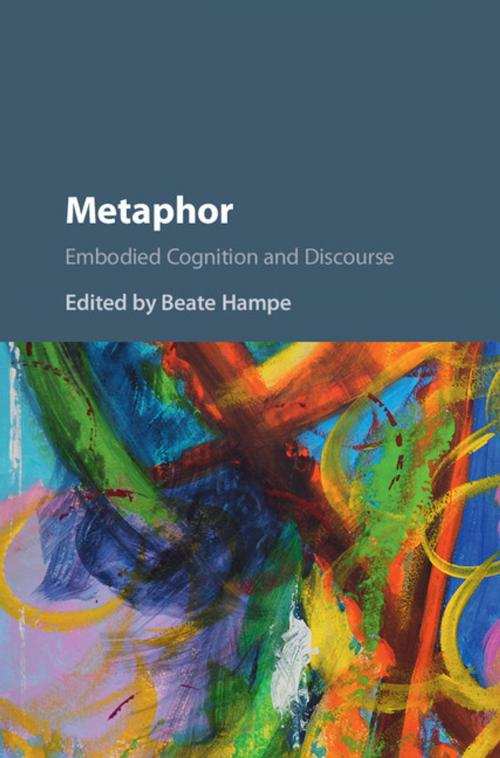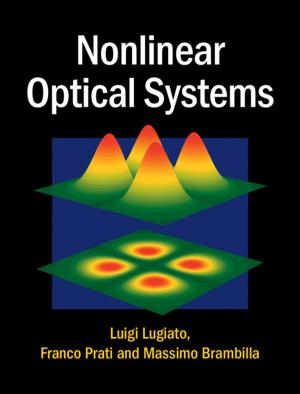Metaphor
Embodied Cognition and Discourse
Nonfiction, Reference & Language, Language Arts, Linguistics, Health & Well Being, Psychology| Author: | ISBN: | 9781108187480 | |
| Publisher: | Cambridge University Press | Publication: | June 29, 2017 |
| Imprint: | Cambridge University Press | Language: | English |
| Author: | |
| ISBN: | 9781108187480 |
| Publisher: | Cambridge University Press |
| Publication: | June 29, 2017 |
| Imprint: | Cambridge University Press |
| Language: | English |
Metaphor theory has shifted from asking whether metaphor is 'conceptual' or 'linguistic' to debating whether it is 'embodied' or 'discursive'. Although recent work in the social and cognitive sciences has yielded clear opportunities to resolve that dispute, the divide between discourse- and cognition-oriented approaches has remained. To unite the field, this book brings together leading metaphor researchers from a number of disciplines. It collects major arguments and presents a wide variety of empirical evidence, placing special emphasis on the embodiment and socio-cultural embeddedness of cognition, as well as the multi-modal and social-interactive nature of communication. It shows that metaphor theory can only profit from an approach that takes multiple perspectives into consideration and tries to account for findings yielded by multiple methodologies. By doing so, it works towards a dynamic, multi-dimensional, socio-cognitive model of metaphor that goes beyond what research traditions have separately achieved.
Metaphor theory has shifted from asking whether metaphor is 'conceptual' or 'linguistic' to debating whether it is 'embodied' or 'discursive'. Although recent work in the social and cognitive sciences has yielded clear opportunities to resolve that dispute, the divide between discourse- and cognition-oriented approaches has remained. To unite the field, this book brings together leading metaphor researchers from a number of disciplines. It collects major arguments and presents a wide variety of empirical evidence, placing special emphasis on the embodiment and socio-cultural embeddedness of cognition, as well as the multi-modal and social-interactive nature of communication. It shows that metaphor theory can only profit from an approach that takes multiple perspectives into consideration and tries to account for findings yielded by multiple methodologies. By doing so, it works towards a dynamic, multi-dimensional, socio-cognitive model of metaphor that goes beyond what research traditions have separately achieved.















